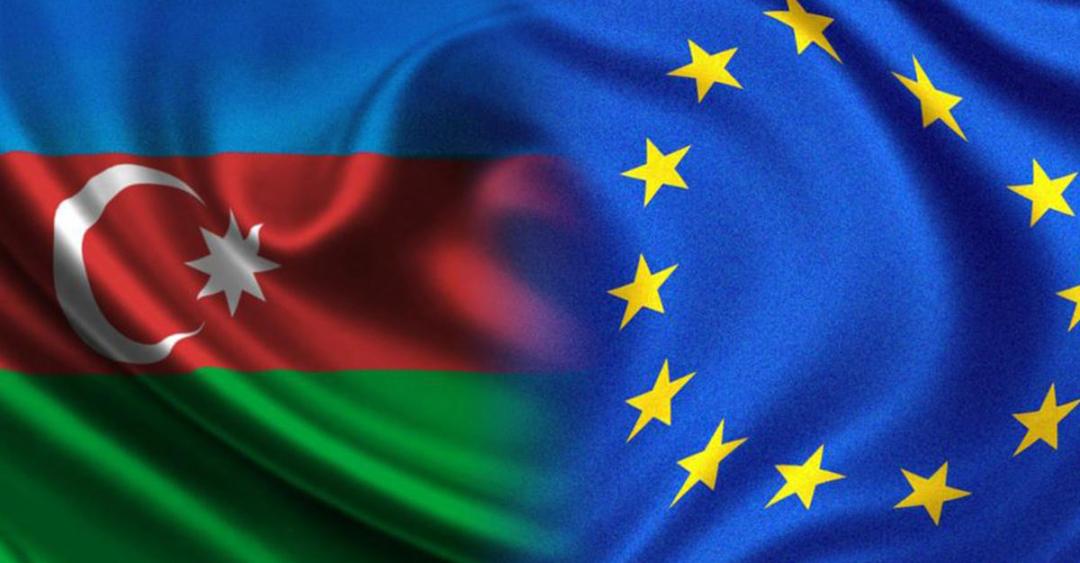
EU to expand economic relations with Azerbaijan

On 30 June, the EU ambassador to Azerbaijan Kestutis Jankauskas stated that the Union would expand trade and economic relations with Azerbaijan, reported Trend.
“The EU experts are helping to prepare a Long-Term Energy Strategy for Azerbaijan. It analyses various policy options and scenarios until 2050, based on an assessment of energy supply, demand and the potential for renewables, energy efficiency, and Covid-19 impact,” Jankauskas stated. He emphasised that by 2050 the EU would be the first carbon-neutral continent and that it needs partners in that undertaking.
“Concerning the energy market, the first [issue] to address is energy efficiency: we can save money and help the planet by using energy much more efficiently. In 2019 Azerbaijan joined Eastern Europe Energy Efficiency and Environment Partnership (E5P), and the EU provided 5.1 million euros for energy efficiency projects in the country. In March 2020, Azerbaijan started cooperation with the European Bank for Reconstruction and Development (EBRD) on the Green City Programme in Ganja. However, none of the projects or technologies can sustainably function without proper legal basis,” Jankauskas added. The EU ambassador also mentioned the Covenant of Mayors programme which helped the municipalities in Azerbaijan to prepare environmentally friendly and efficient development plans for the cities, as well as the support for the Port of Baku to reinforce its capacities in the implementation of a Green Port Concept.
The cooperation in the digital economy was also highlighted as a major field of EU-Azerbaijan relations. “The EU4Digital Initiative is the largest regional action that is specifically focused on harmonisation of digital markets across the Eastern Partnership region. It aims to foster economic development and market opportunities by eliminating existing obstacles for online services for citizens, businesses, and public administrations, through the harmonisation of the digital environments throughout the Eastern partner countries and with the European Union. Some of the benefits will include lower roaming costs; safer, faster and cheaper electronic transactions; simpler export procedures through paperless trade and electronic logistics, which will reduce border delays, cut costs; support to ICT innovation, the opening of the EU markets to start-ups from the region; support for eHealth systems, which will deliver benefits for patients; development of digital skills and others,” Jankauskas elaborated, adding that at the moment the EU is providing support to the Intellectual Property Agency of Azerbaijan to manage and protect intellectual property rights in Digital Networks.
Speaking on the investment of EU companies in Azerbaijan, Jankauskas said that there were around 400 companies working in the country. “The EU companies working in Azerbaijan said that they are willing to invest [in] Azerbaijan again. They appreciate the establishment of ASAN Xidmet, provision of other electronic services, improvements in the work of Customs and Migration services,” he said. “However, over the years EU-Azerbaijan Business Climate Reports underline the need for substantive improvements in rule of law, access to finance and availability of skilled labour,” the EU ambassador added. He also underlined that the signing of a new comprehensive bilateral agreement between EU and Azerbaijan would help to further boost trade and attract more European investments into the country, but those issues remain on the trade chapter of the agreement to be finalised.
See Also


Yerevan Balances Strategic Ties with Both US and Russia, Says Foreign Minister

FM Mirzoyan: Peace Deal with Azerbaijan Is Within Reach

Pashinyan and Erdogan Hold Call, Reaffirm Commitment to Ongoing Dialogue

Ilham Aliyev and Masoud Pezeshkian Discuss Development of Bilateral Relations

